BALTIMORE, MD — Dolly, one of the oldest female members of the African elephant herd at The Maryland Zoo in Baltimore, was humanely euthanized on Sunday, March 16, 2014. She had been a part of the Zoo herd for over 30 years. “Dolly spent all day Saturday outside interacting with Felix and Samson and taking naps in the sun, and there was no indication that she had any immediately grave health concerns,” said Karl Kranz, chief operating officer of the Zoo. “However on Sunday morning, she was lying down inside the barn which was atypical for Dolly. The Zoo elephant team and veterinarians were mobilized immediately; once the team was with Dolly, it was apparent that it was time to let her go.”
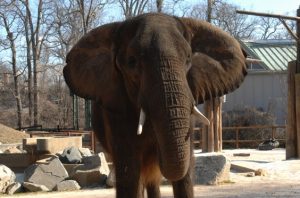
“Dolly’s health had been in gradual decline over the past few years as she’s aged, however we don’t believe her death is related to any one particular issue, but rather that combined illnesses took a toll on her overall health,” said Dr. Ellen Bronson, senior veterinarian at the Zoo. “As per our normal protocol, a necropsy (animal autopsy) is being conducted by Zoo veterinarians along with Johns Hopkins University and Philadelphia Zoo veterinary pathologists.” Full necropsy findings, as well as laboratory test results, will not be available for several weeks.
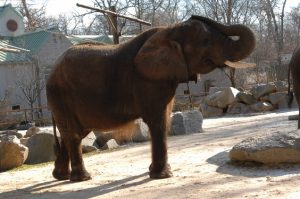
Dolly was believed to be 38 to 40 years of age, although there is no specific documentation of her birth year. In the late 1970s, Dolly was brought to the United States from Mozambique by a private owner. She came to the Zoo in 1982, where pennies raised from local Baltimore school children initially helped pay for her care. She lived in the historic Elephant House in the Main Valley until 1985, when the new Elephant Habitat was opened in the Africa section of the Zoo. Dolly was walked through the Zoo to the barn and the new habitat, which was her home for almost 30 years. Even as she slowed with age, she was always bright and very interested in her surroundings, including zoo visitors.
“Everyone at the Zoo is grief stricken and none more so than the elephant team that cared for her every day,” continued Kranz. “Dolly was a magnificent elephant and very distinct from the others with her exceptionally long hair. All of the elephants have an impact on our guests — meeting them up-close-and-personal makes people appreciate elephants in a way that no other experience could. Dolly was a big part of that experience for thousands of people over the years.”
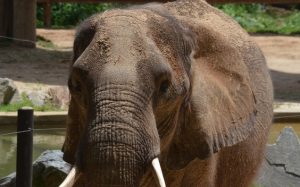
Median life expectancy (50 percent live fewer years/50 percent live additional years) for African elephant females is 37.9 years according to experts with the Association of Zoos and Aquariums (AZA). “As Dolly was a geriatric elephant, the focus has been to keep the level of care consistent to slow the progression of her various ailments. She was a very good patient and allowed staff to provide her an exceptional level of care, which really contributed to her quality of life,” continued Bronson.

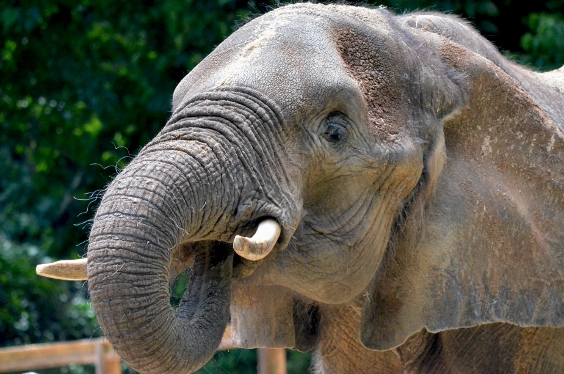
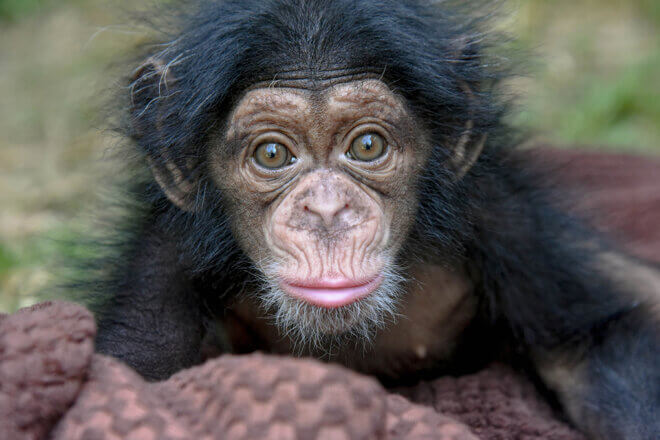
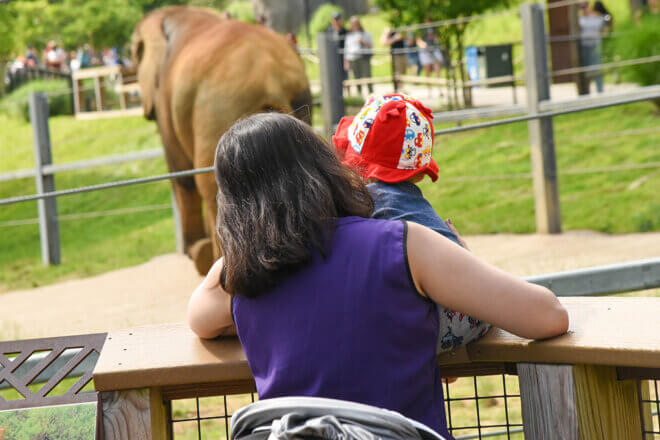
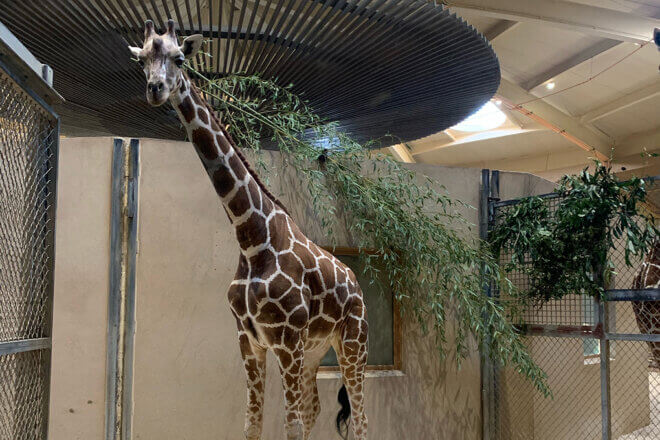
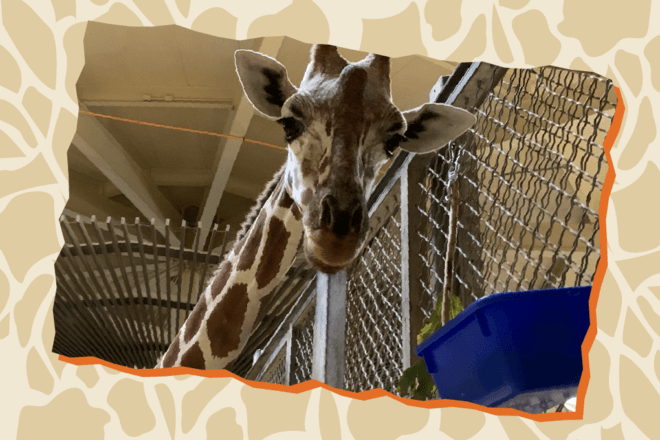
Share this article